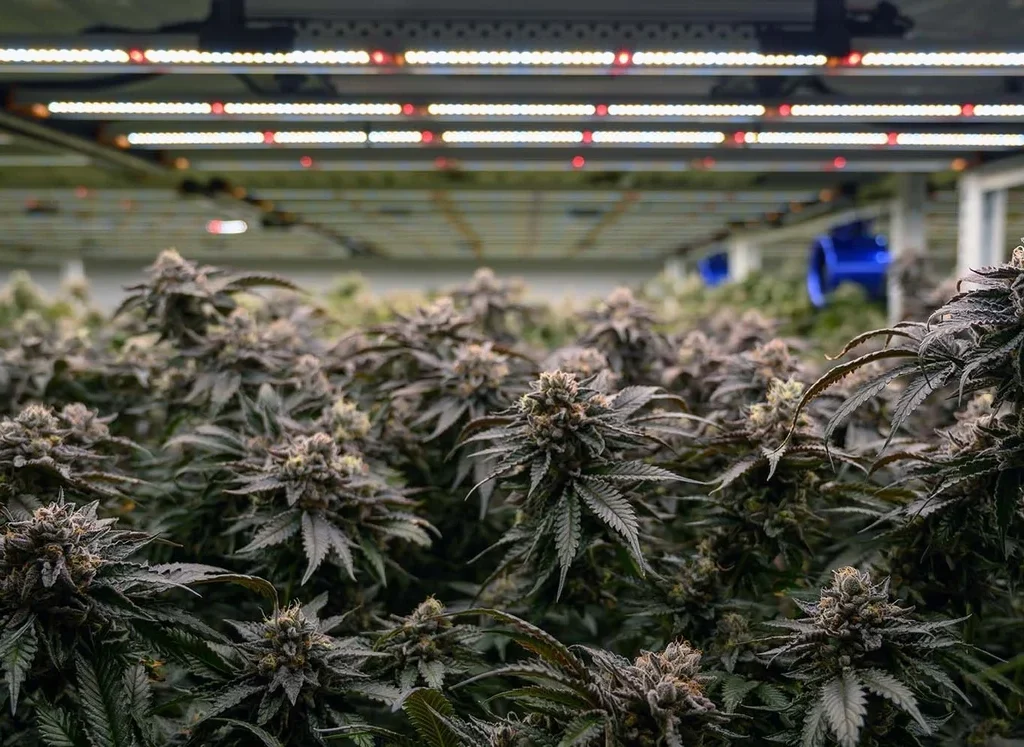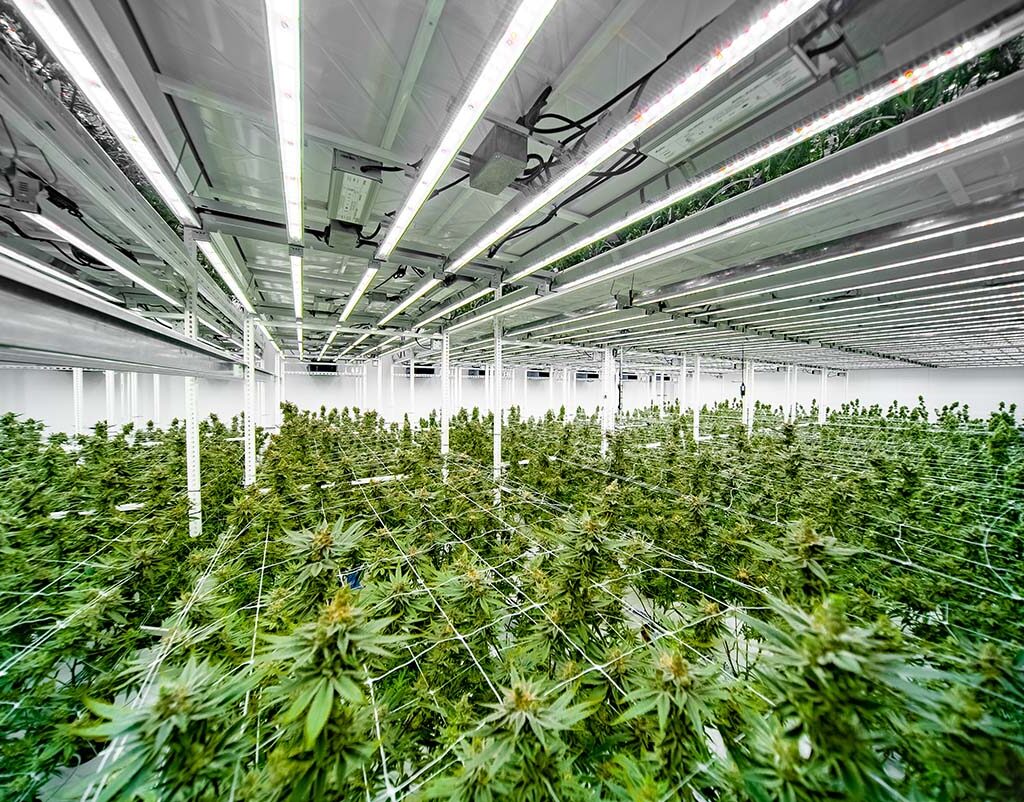GMP vs GACP: What Cannabis Operators Need to Know for 2026
As the global cannabis industry matures, regulators are raising the bar on compliance and safety. Two quality frameworks, with Good Agricultural and Collection Practices (GACP) and Good Manufacturing Practices (GMP), are at the center of this transformation.
By 2026, operators who don’t bridge the gap between GACP and GMP risk losing access to lucrative medical and international markets. Understanding these standards today is critical for positioning your business for long-term growth.
For additional context, see Pipp Horticulture’s blog: 5 Things US Cannabis Operators Need to Know About GACP & GMP.
What is GACP in Cannabis Cultivation?
Good Agricultural and Collection Practices (GACP) set the foundation for cannabis cultivation and post-harvest handling. These standards ensure plants are grown, harvested, and stored under conditions that protect quality, safety, and traceability.
Key elements of GACP include:
- Proper soil, water, and nutrient management
- Pest and disease control with approved methods
- Worker hygiene and safety in cultivation areas
- Documented seed-to-harvest traceability
- Safe drying, storage, and transport practices
What is GMP in Cannabis Manufacturing?
Good Manufacturing Practices (GMP) apply to cannabis processing, extraction, and product manufacturing. While GACP governs the field, GMP governs the facility. These standards ensure cannabis products meet pharmaceutical-grade safety and consistency.
Key elements of GMP include:
- Validated equipment and manufacturing processes
- Batch consistency and robust quality assurance testing
- Stringent sanitation and contamination controls
- Comprehensive SOPs and staff training
- Regulatory inspections and certification audits
Hear more on this topic in Pipp’s Cultivation Elevated Podcast, Episode 26, where industry expert Atiyyah Ferouz discusses global GMP and quality assurance.

GMP vs GACP: Key Differences and Overlaps
While both frameworks drive quality and traceability, they apply at different stages of the cannabis lifecycle.
- Overlap: Documentation, hygiene, and traceability.
- Differences:
- GACP covers cultivation and harvesting.
- GMP covers manufacturing and packaging.
Together, GACP and GMP form a seed-to-sale compliance pathway that is essential for scaling into medical and global cannabis markets.

Why 2026 Is a Turning Point
1. European Union Import Rules Tightening
The European Union has already signaled stricter controls for imported cannabis. By 2026, most EU member states are expected only to accept GMP-certified cannabis products for medical use. While GACP certification will remain essential at the cultivation level, it will no longer be enough to qualify products for import into the EU’s high-value medical markets.
- Example: Germany and the Netherlands are leading the charge, demanding GMP documentation for all imports.
- Reference: EMA GACP Guidelines
2. US Regulatory Alignment & Federal Rescheduling
In the United States, cannabis remains in a fragmented regulatory state. However, with ongoing discussions about rescheduling cannabis under the Controlled Substances Act, 2026 could bring FDA involvement in medical cannabis oversight.
- The FDA enforces GMP requirements for all pharmaceuticals and nutraceuticals. If cannabis falls under similar oversight, GMP will become mandatory for large-scale manufacturers and dispensary supply chains.
- Reference: FDA GMP Resource
3. Canadian Market Evolution
Canada, which already has one of the most developed cannabis regulatory frameworks, is expected to update its compliance requirements to align more closely with pharmaceutical GMP standards by 2026. This would further influence international trade and set a precedent for North American operators.
4. International Trade & Export Opportunities
Global cannabis trade is rapidly expanding. Countries in Latin America, Africa, and Asia are positioning themselves as low-cost cultivators, but GMP certification is what unlocks access to Europe, Canada, and emerging medical markets. Operators who invest in GMP readiness now will be able to export, while GACP-only cultivators may be restricted to local or lower-value adult-use markets.
For facility design upgrades that align with international GMP expectations, see Pipp’s space-saving vertical racking solutions and TRAK-FREE™ mobile carriages, engineered with cleanability, corrosion resistance, and compliance in mind.
5. Investor & Consumer Expectations
By 2026, capital markets will favor operators with demonstrable compliance maturity. Investors increasingly see GMP certification as risk mitigation, proof that a company can scale safely and meet global demand.
At the same time, consumers and patients are becoming more sophisticated, expecting pharmaceutical-grade consistency and transparency in their cannabis products. GMP certification directly addresses these concerns.

In summary:
2026 represents a turning point because compliance is shifting from optional to mandatory for growth-focused operators. Cannabis businesses that remain GACP-only risk being locked out of international markets, overlooked by investors, and left behind as global supply chains professionalize. Those who embrace GMP now will be positioned as leaders in the next phase of industry expansion.
What Cannabis Operators Should Do Now
- Assess Your Compliance: Are you GACP-aligned today? Do you have a roadmap to GMP?
- Upgrade Infrastructure: GMP requires controlled environments, validated equipment, and cleanability.
- Explore Pipp’s vertical racking systems and TRAK-FREE™ mobile carriages, both engineered with sanitation and facility design compliance in mind.
- Develop Robust SOPs: Standardize every step from cultivation through packaging.
- Train Your Team: Build a compliance culture where staff understand why GACP and GMP matter.
- Prepare for Audits: Certification requires documentation, traceability, and readiness for third-party inspection.
FAQs: GMP vs GACP in Cannabis
Q1: What is the difference between GACP and GMP in cannabis?
- GACP applies to cultivation and harvesting.
- GMP applies to manufacturing and product processing.
Q2: Is GMP required for cannabis in the United States?
- Not yet federally, but states with medical programs increasingly require GMP for specific licenses. Federal legalization or rescheduling may introduce FDA GMP requirements.
Q3: Why is GMP important for cannabis exports?
- The EU and Canada only allow imports from GMP-certified facilities, making GMP essential for global trade.
Q4: Can GACP alone qualify cannabis for international sales?
No. GACP is foundational, but GMP certification is required for finished products in most international medical markets.
Conclusion
The cannabis industry is entering a compliance-first era. By 2026, GACP will no longer be enough for operators targeting medical, pharmaceutical, or export markets. GMP is becoming the global standard.
Operators who begin aligning cultivation with GMP-ready infrastructure, such as Pipp’s innovative racking solutions, will gain a competitive advantage.
Bottom line: Prepare now. Those who bridge GACP and GMP today will lead tomorrow’s cannabis industry.
Get a FREE Grow Consultation
Lorem ipsum dolor sit amet, consectetur adipiscing elit. Ut elit tellus, luctus nec ullamcorper mattis, pulvinar dapibus leo.
